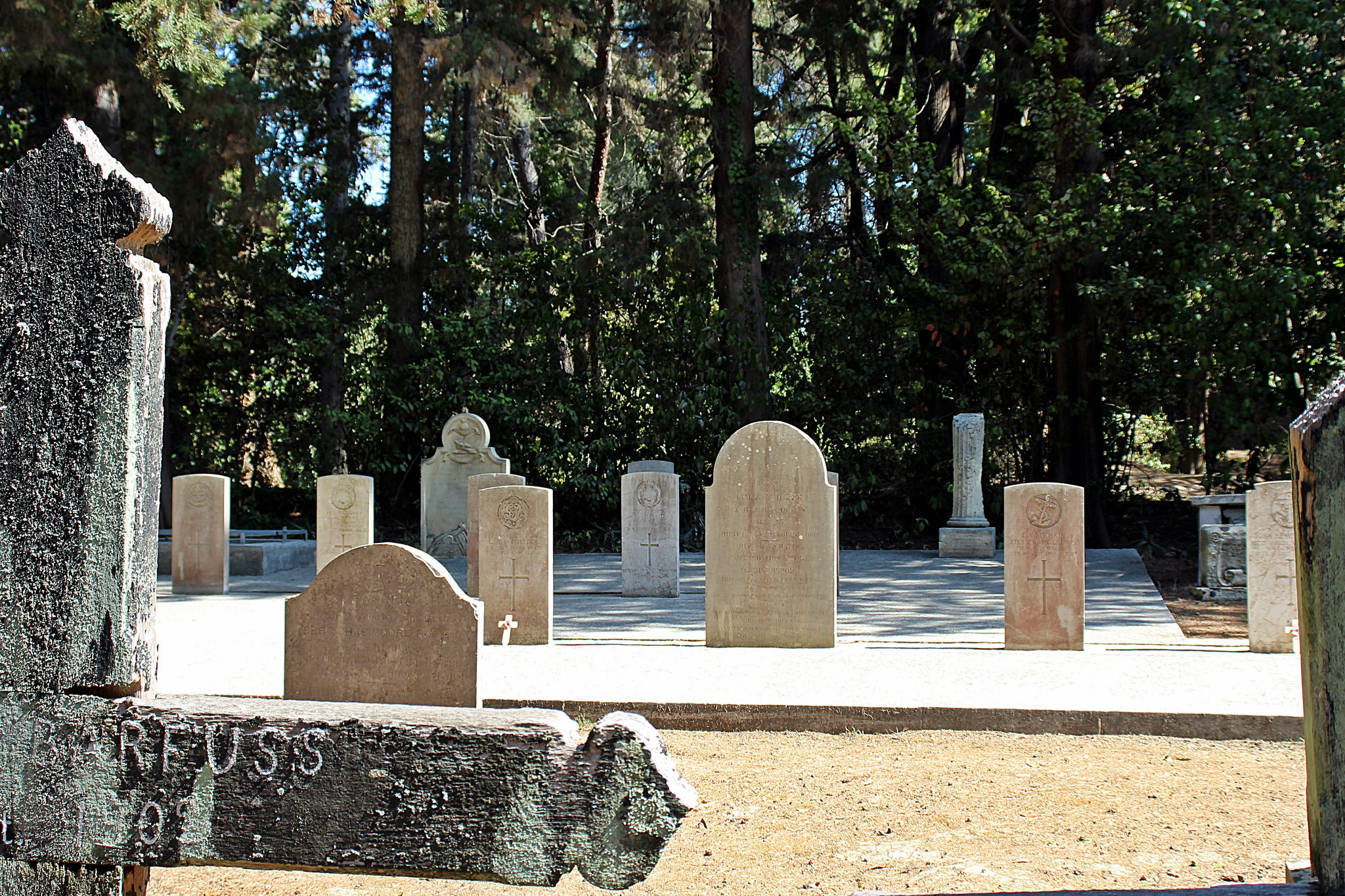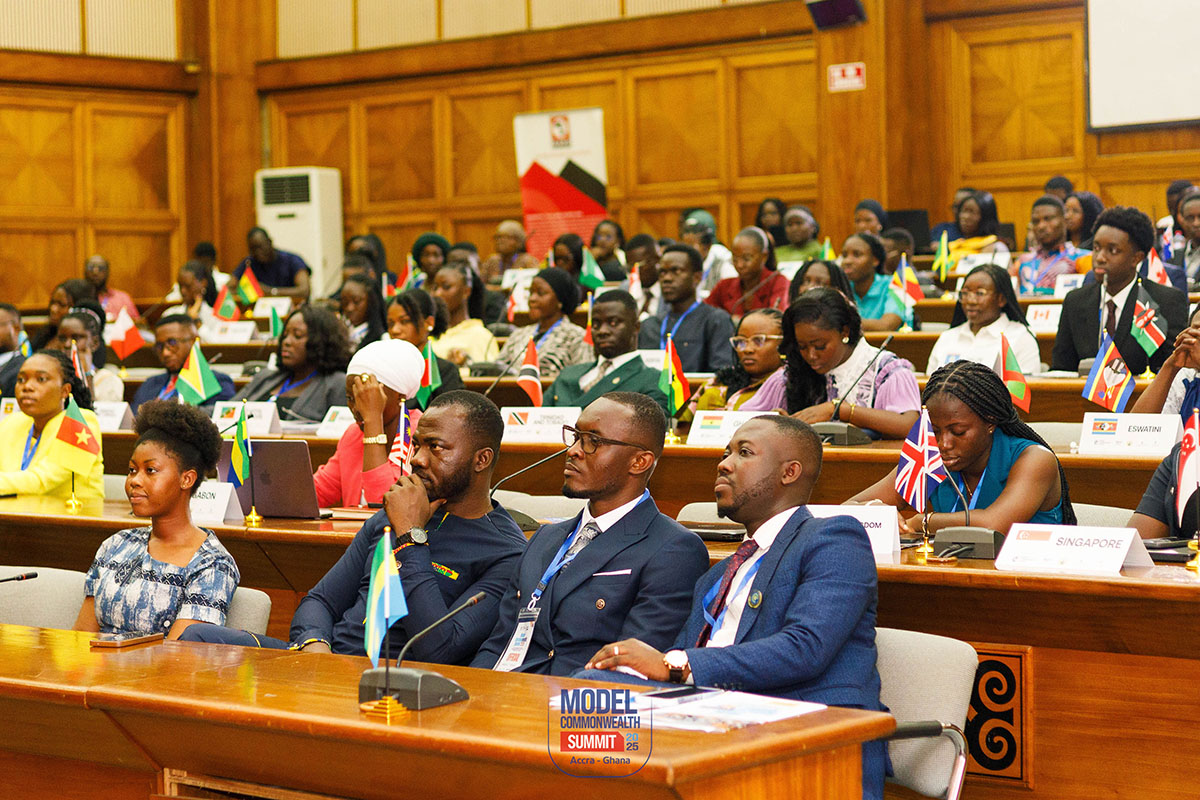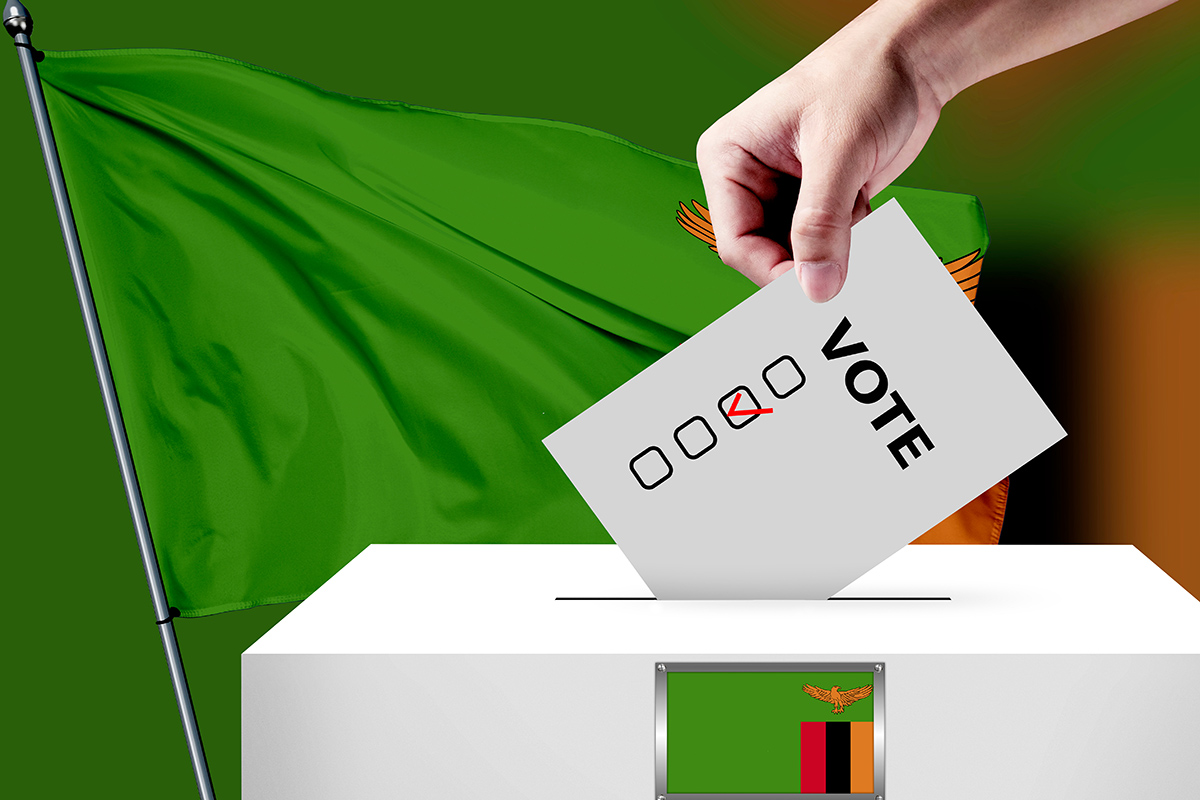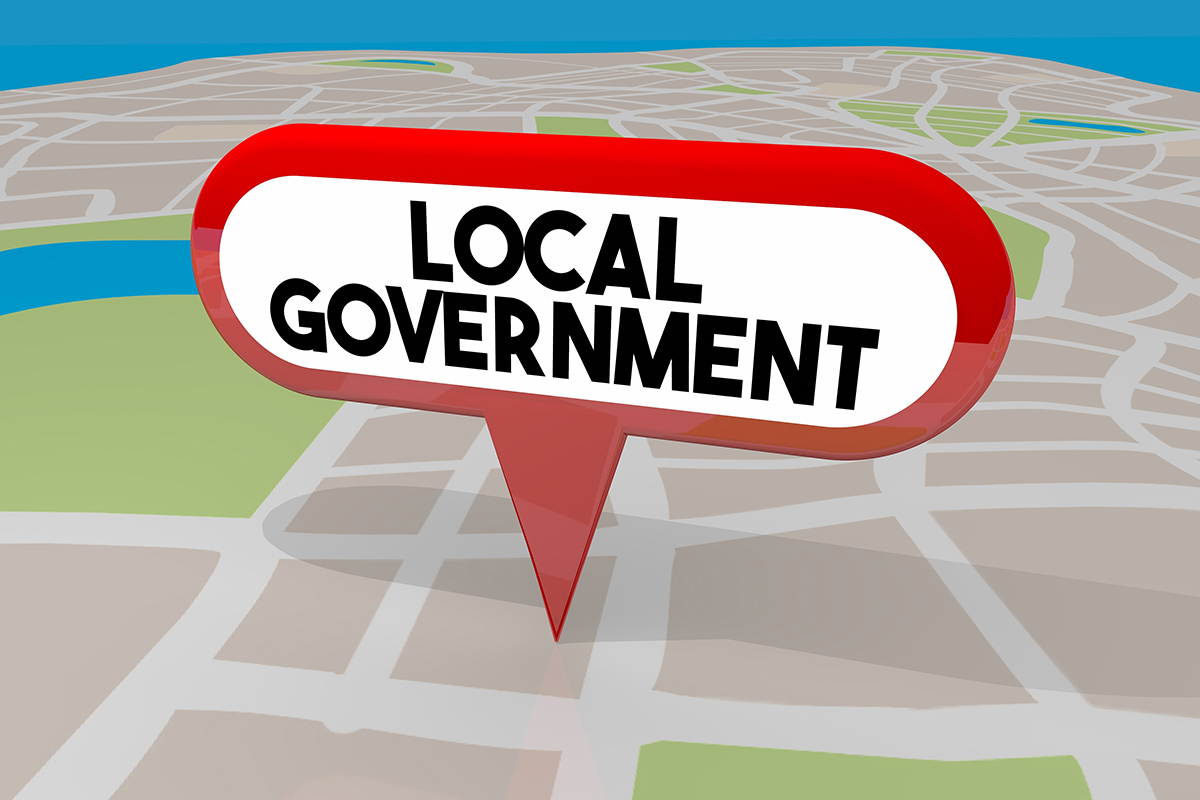Remembering World War One
December 20 World War 1 toppled empires and cost the world dearly, writes Debra Grace Lim Jia-En, 19, a Commonwealth Correspondent from Malaysia, who explores how the great war changed the world as it was – in 1914.
World War 1 toppled empires and cost the world dearly, writes Debra Grace Lim Jia-En, 19, a Commonwealth Correspondent from Malaysia, who explores how the great war changed the world as it was – in 1914.
It is difficult to believe that this year, on the 11th of November 2018, it has been 100 years since the end of World War One (WWI). Dubbed the Great War at its start, this conflict left virtually no corner of the globe untouched, creating an indelible mark on humanity. It is for these reasons that it is crucial that we examine the wider effects of this war, that we may hopefully avoid devastation of similar or even greater proportions in the future.
The economic and social strain of protracting a war of this unprecedented scale felled several great European empires. By the end of the conflict, the Ottoman, German, Austro-Hungarian and Russian monarchies had toppled; launching Central and Eastern Europe into a period of great political turmoil. Such an extensive power vacuum created by WWI was instrumental to the social revolutions that followed in these states — most famously the October Revolution that ensued in Russia which led to the establishment of the world’s first communist state. The creation of Communist Russia (also known as the USSR) sowed seeds of great distrust between the USA and USSR due to their opposing political ideologies of communism and capitalism. This set up the beginning of the geopolitical clashes between the two world powers, culminating in the ‘Cold War’ that would dominate much of the twentieth century.
Given the global nature of the conflict, it played a critical role in accelerating the end of imperialism in Asia and Africa. The European empires summoned their colonial subjects to enlist and provide supplies for the war; Britain recruited 1.5 million Indian men to fight and France called up around 500,000 colonial troops, including 166,000 West Africans and 140,000 Algerians. These created a sense of self-determination amongst the colonial troops, developing nationalistic sentiment — this was particularly evident in India and Indochina (later Vietnam). Simultaneously, the costs of the war meant that the colonial powers could no longer exert the same control over their empires as before. When post-war promises of greater self-government failed to materialise, it laid the foundations of the antagonistic sentiment in the colonies which would later culminate into widespread bids for independence after WWII.
The war was also pivotal in establishing the USA as the great economic powerhouse of the twentieth century. The extensive costs of the war (over 4 trillion USD in today’s dollars) forced the cash-strapped European states to turn to the USA for supplies and weapons well before the USA formally entered the war in 1917. With this large market for American products, this cemented them not only as an industrial power but also as the world’s largest creditor; the massive debt accumulated by the European nations and devastation of infrastructure leaving them in no position to produce enough for themselves, let alone expand economically. The USA’s financial dominance that emerges here (and is redoubly strengthened by WWII) placed the country in a unique position to lead world affairs — such is clearly reflected by their lasting impact on the international political, social and economic climate of the twentieth century and even to the present day.
Perhaps most importantly, WWI fundamentally shifted the global perspective of diplomatic relations relations in Europe and the rest of the world. It highlighted the importance of multilateral diplomatic cooperation and communication between countries. It signaled a need for an neutral platform for the nations of the world to come together in open dialogue so as to prevent greater destruction from ensuing. This brought about the birth of the League of Nations that was first conceptualised in Woodrow Wilson’s famous 14 Points, encapsulated in the Treaty of Versailles and became a reality in 1920; operating as the first international organisation that aimed to preserve and protect world peace. While we often remember this body as merely the more flawed predecessor of the United Nations, this does not take away from the League’s significance as the first concerted effort by nations worldwide to promote peace, avoid war and address the wider social ills that befall all of humanity.
It is perhaps impossible to quantify the multifaceted impact of WWI on international relations which undoubtedly shaped global society as we know it, for better or worse. In a time of increasingly polarising politics and a largely unpredictable geopolitical climate today, it is not only fitting to remember those who sacrificed during the Great War, but also timely to remind us of the responsibilities we have in preserving the freedom and harmony that they gave their lives to create for us today. Let us never forget.
Photo credit: Ian Morton via Flickr (license)
……………………………………………………………………………………………………………………………………………………………
About me: Hi! My name’s Debra and I’m from Malaysia. I’m currently studying law at the London School of Economics & Political Science and have an especial interest in public policy and its implementation, social justice, ethics and international trade. I also enjoy debate, playing music, volunteering, travelling and exploring different types of technology.
………………………………………………………………………………………………………………………………………………………………
Opinions expressed in this article are those of the author and do not necessarily represent the views of the Commonwealth Youth Programme. Articles are published in a spirit of dialogue, respect and understanding. If you disagree, why not submit a response?
To learn more about becoming a Commonwealth Correspondent please visit: http://www.yourcommonwealth.org/submit-articles/
………………………………………………………………………………………………




